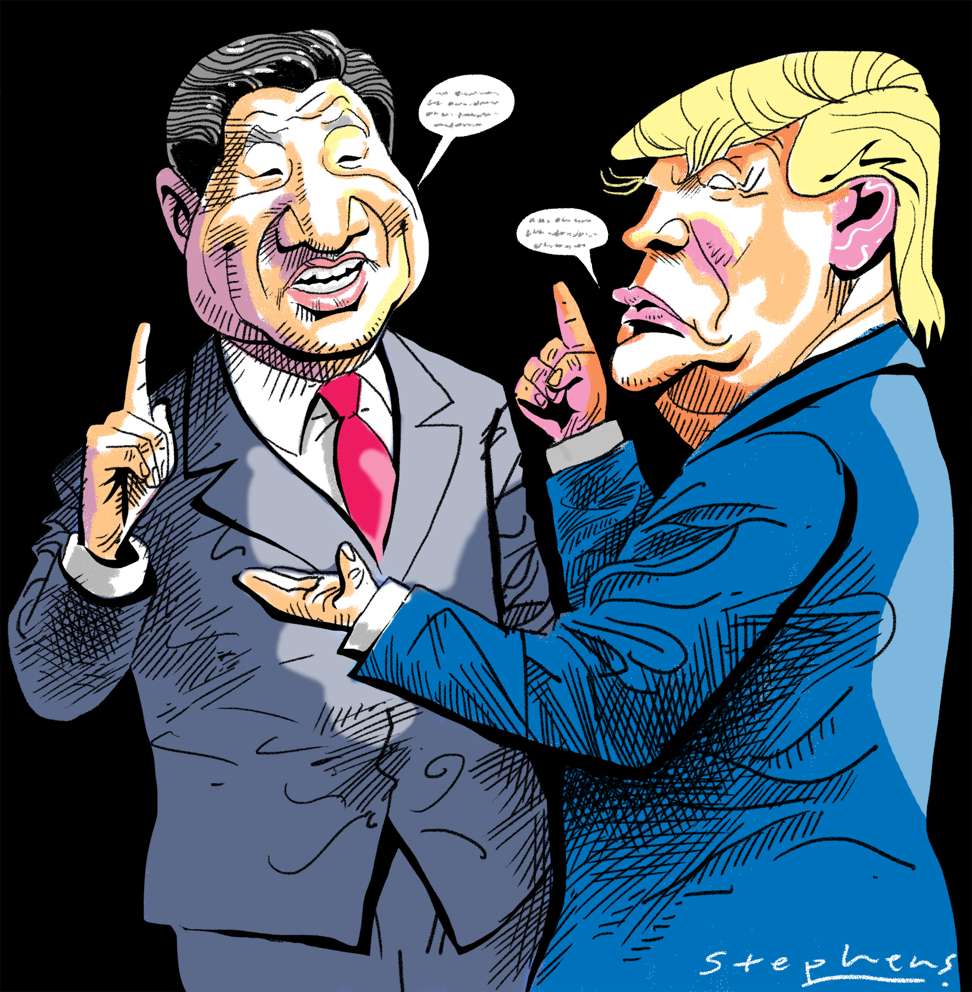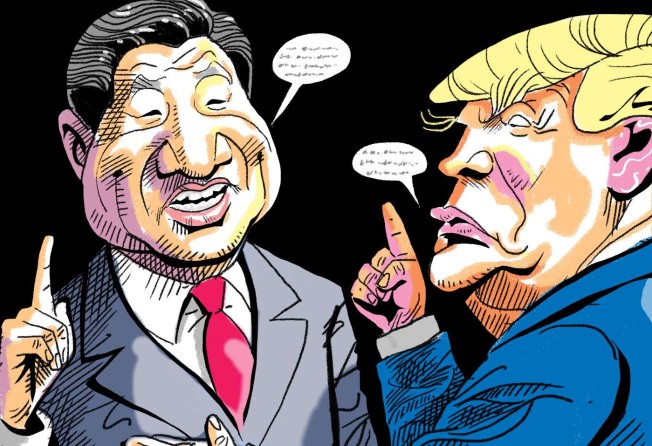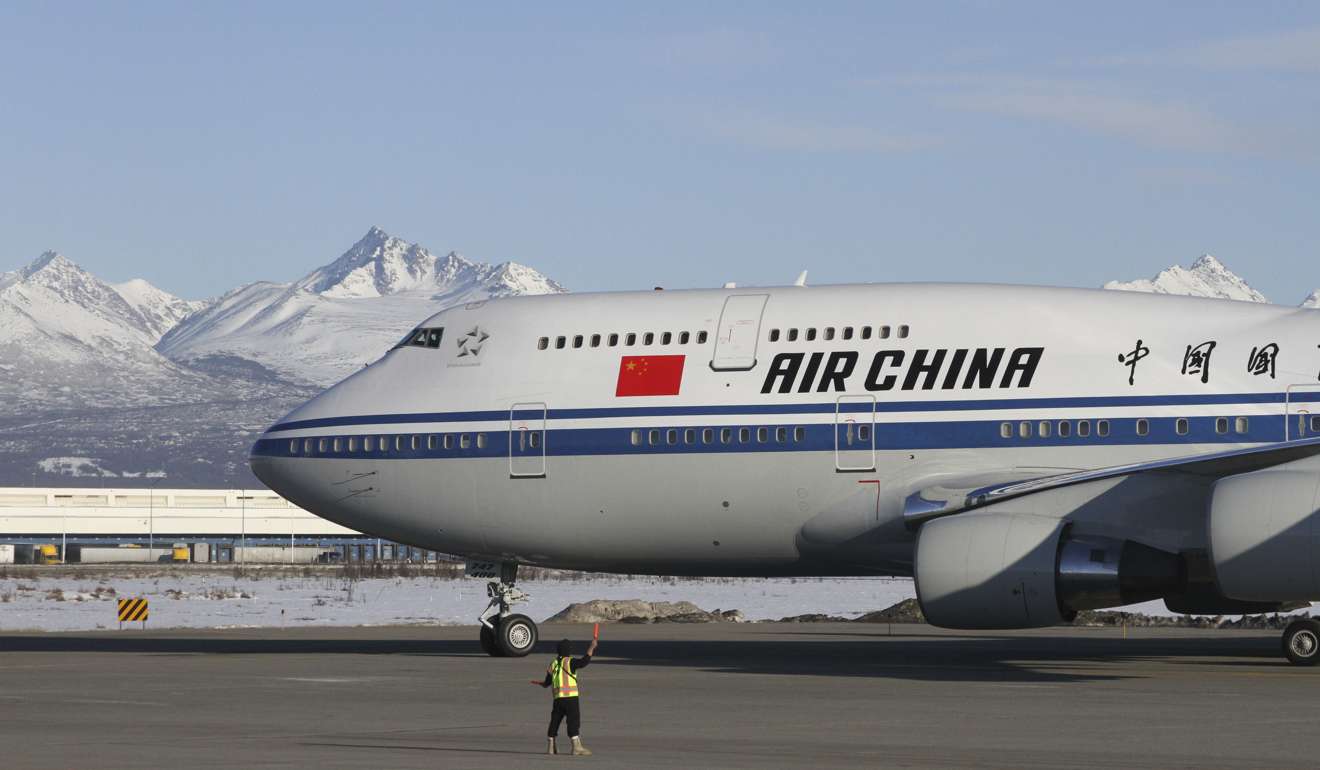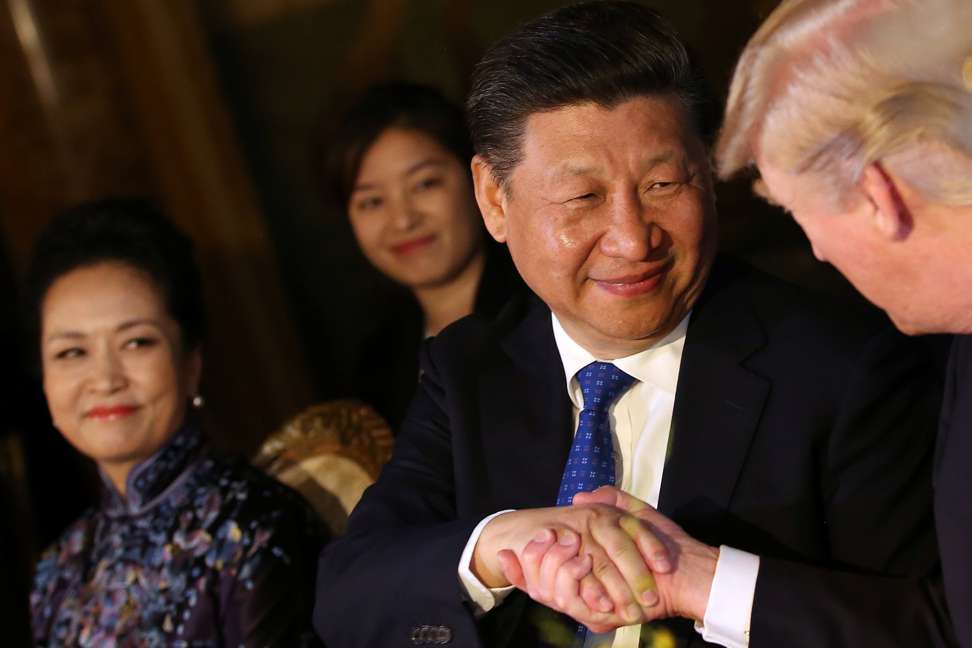
Xi Jinping and Donald Trump still need to find a strategic footing
David Lampton says despite some gains at the Mar-a-Lago summit, no agreement was reached on core security issues. Such strategic cooperation must anchor the Sino-US relationship


Or, should we sift through the detritus of the 21-hour event with hope, looking for shards of optimism?
If one searches for constructive pathways forward, they exist, but there is absolutely no assurance that either side will pursue them in the days, weeks and months ahead.
Whether this summit is declared a success, irrelevant, or something else, it is likely to be followed by US decisions and actions that will be viewed in Beijing as incompatible with China’s interests, a more cooperative relationship, and indeed incompatible with Beijing’s thinking about the requirements for regional stability. In the not-too-distant future, we will almost certainly see Washington make sensitive, and significant, weapons and weapons-related sales to Taiwan; impose more aggressive countervailing duties and anti-dumping actions against Chinese firms, not least steel-related; continue to deploy anti-missile systems in South Korea that Beijing sees as threatening (unless a new South Korean government reverses course); and we may see the initiation of secondary sanctions imposed on Chinese financial and other entities engaged in UN-prohibited transactions with North Korea.
Much of this was likely to happen irrespective of the summit’s outcomes. Although it is possible that understandings were reached that would, at least temporarily, avert some of these actions, it is a leap of faith to assume that is so. This brings us to the more verifiable outcomes of the summit.
President Xi summarised his take on the conclave’s primary achievement by saying the two sides got acquainted, and established a kind of trust and built an initial relationship. No small feat, if true, but my sneaking suspicion is that launching an attack on Syria, one of China’s admittedly less savoury international associates, during a dinner in which the principal objective of the Chinese leader was to project himself as a commanding presence, did not produce a net increase in trust.
Progress that systemically opens up China will be more enduring than one-off big purchases
While there is some ambiguity around what Xi may have said privately about understanding how casualties among children felled by poison gas might produce the American reaction it did, Beijing chose not to publicly align itself with Western values about such atrocities, instead calling for a UN investigation into the incident. President Xi is not president Jiang Zemin (江澤民), who was among the first to call president George W. Bush in the wake of the September 11 attacks to align himself with the emerging struggle against terrorists. So, whether this entire episode increased, or decreased, mutual trust is an open question.
Beyond atmospherics, photo ops and interpersonal “chemistry”, there were four publicly articulated areas where progress was, or soon may be, made – two were substantive and two pertained to how to manage the relationship itself. We can hope they are able to make progress, if other events don’t destructively intrude and derail these opportunities.
Substantively, US Secretary of Commerce Wilbur Ross said the two sides had committed to a “100-day plan” leading to measurable progress soon in bilateral economic relations. Whether there will be progress on the more narrow trade issues, such as increased US agricultural, auto, or other commodity-like exports, or progress on broader market access in services, IT, and diminution of forced technology transfer, remains to be seen.
Progress that systemically opens up China will be more enduring than one-off big purchases, or narrowly targeted purchases to satisfy a single industry or constituency in the United States. Something like a bilateral investment treaty would mark genuine progress, but that may be a bridge too far, given the domestic politics of the moment in both countries.

A second substantive area of progress actually occurred after Xi departed Mar-a-Lago and made a refuelling and business/political stop in Alaska. I attach importance to that stop because I believe that reinforcing common interests between important localities in the United States and China is critical. Chinese provinces are as big as countries elsewhere and, in the US, states are drivers of economic growth. That Xi took time to cultivate ties with these critical governmental units by speaking to Alaskan governor Bill Walker to talk about constructive economic ties, natural gas and the Arctic is meaningful.
That both leaders wish to continue their dialogue is reassuring
Turning to incremental progress that was made in managing the US-China relationship, two things are important: the first is that there has apparently been general agreement that the core mechanism of dialogue between the two will be modified from two previously large areas of discussion (strategic and economic issues) to four somewhat smaller forums for high-level dialogue: security and diplomatic; economic and trade; cyber and the law; and social and people-to-people relations. Overseeing these dialogues will be the two presidents.
That individual dialogues may be smaller and more focused represents progress. That they will be led by two presidents who are both overloaded and stretched far too thinly already is not particularly reassuring. Each side needs to put a trusted and capable figure demonstrably in charge of the everyday, overall process.
The other area of seeming progress is that Trump has agreed to travel to China at an early date to continue summit discussions with Xi. That both leaders wish to continue their dialogue amid the many other things competing for their attention is reassuring.

The real issue, however, is not talk; it is agreement. It is here that we see problems. What strikes one about the four areas of progress enumerated above is the absence of meaningful mention of agreement about core security issues – North Korea and related issues, the South China Sea, and the US move in Syria and what that may portend for US use of force elsewhere and the need to uphold basic global norms (like not using gas on civilians).
The absence of public mention does not prove an absence of discussion, but the degree to which there was no meeting of the minds on core security issues signals a relationship that may not be able to find strategic footing. Healthy economic and cultural relations must be built on a foundation of tolerable shared strategic interest.
In part, former president Barack Obama tried to use “global cooperation” on issues such as climate change as strategic glue holding the two countries together – Trump has seemingly discarded that, though his son-in-law and adviser, Jared Kushner, seems more committed to the issue.
Keep your fingers crossed that Washington and Beijing can find a pathway forward for economic cooperation built on some shared security interests. It is not a fore-drawn conclusion that they will be able to do so. Watch Korea.
David M. Lampton is professor and director of China Studies at Johns Hopkins-SAIS in Washington, DC. His most recent book is Following The Leader: Ruling China, From Deng Xiaoping To Xi Jinping
